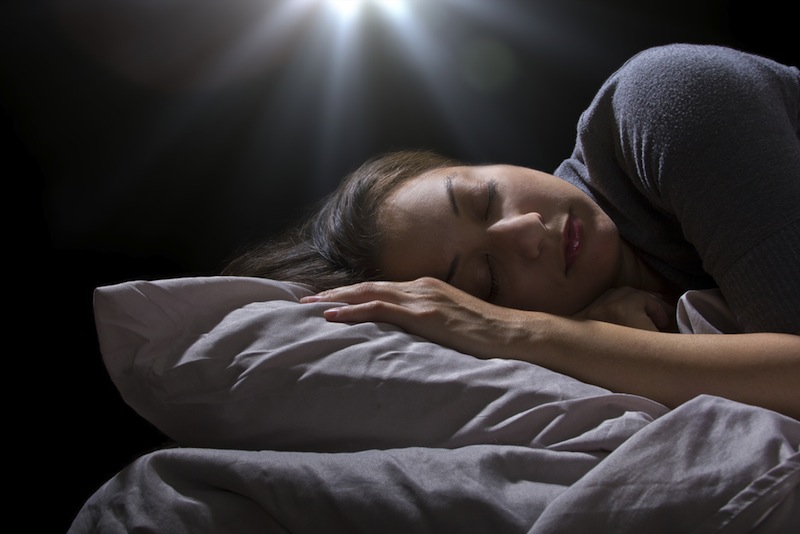A Night's Sleep Cleans Brain of Harmful Toxins

A good night's sleep conveys many benefits to a person, including boosts to memory, concentration and learning. Now, another benefit of sleep has been discovered — it flushes out harmful toxins that build up in the brain during the day, researchers say.
The point of sleep remains one of the greatest unsolved mysteries in science. Although people spend about one-third of life asleep, researchers still do not know why.
We do know that when people are sleep-deprived, they have problems making decisions and trouble learning, and no human can go without sleep for more than a handful of days. Research has also revealed sleep helps memories form, and it gives the body time to repair itself.
Now, scientists find changes in the brain that are unique to bedtime.
"We show that the brain cleans itself during sleep," study author Dr. Maiken Nedergaard, co-director of the University of Rochester Medical Center's Center for Translational Neuromedicine in Rochester, N.Y., told LiveScience. [7 Strange Facts About Insomnia]
The researchers investigated the flow of fluids in the brains of sleeping and awake mice. They focused on the flow within the glymphatic system, the spaces between brain cells. The glymphatic system acts much like a sewer, helping to clear out the waste products that brain cells generate during regular tasks.
Experiments revealed these interstitial spaces in the brains of sleeping or anesthetized mice were 60 percent larger than those of the brains of mice that are awake. Interstitial space takes up 14 percent of the volume of the brain of awake mice, while it makes up 23 percent of the brain of sleeping or anesthetized mice.
Sign up for the Live Science daily newsletter now
Get the world’s most fascinating discoveries delivered straight to your inbox.
These changes make the brains of sleeping mice much better equipped to remove its trash. The scientists detailed their findings in the Friday (Oct. 18) issue of the journal Science.
"The brain only has limited energy at its disposal, and it appears that it must [choose] between two different functional states — awake and aware, or asleep and cleaning up," Nedergaard said in a statement. "You can think of it like having a house party. You can either entertain the guests, or clean up the house, but you can't really do both at the same time."
For instance, the protein beta-amyloid, which is linked with Alzheimer's disease, flowed out of the brains of sleeping mice twice as fast as it flowed out of the brains of awake mice. Overall, the flow of waste out of the brain while awake was only 5 percent of what it was when mice slept.
Also, the researchers surprisingly found that cells in the brain shrink by 60 percent during sleep. This creates more space between the cells, helping waste to wash out the brain's plumbing more effectively.
The scientists noted that a hormone called noradrenaline is less active in sleep. This chemical is released in bursts when the brain needs to become alert, often in response to threats. The research team speculated noradrenaline might help control how brain cells expand and contract during sleeping and waking.
"These findings have significant implications for treating 'dirty brain' disease like Alzheimer's," Nedergaard said. "Understanding precisely how and when the brain activates the glymphatic system and clears waste is a critical first step in efforts to potentially modulate this system and make it work more efficiently."
This discovery might also help explain why larger animal species typically sleep less than smaller ones, neuroscientist Suzana Herculano-Houzel, of the Federal University of Rio de Janeiro in Brazil, who did not take part in the new study, wrote in a review on this work.
For instance, bats sleep as many as 20 hours a day, while giraffes and elephants sleep as little as three to four hours daily. It could be that larger brains have more interstitial space to accumulate toxins, and so could withstand much longer periods of waking before the need for sleep, Herculano-Houzel said. Follow us @livescience, Facebook & Google+. Original article on LiveScience.










